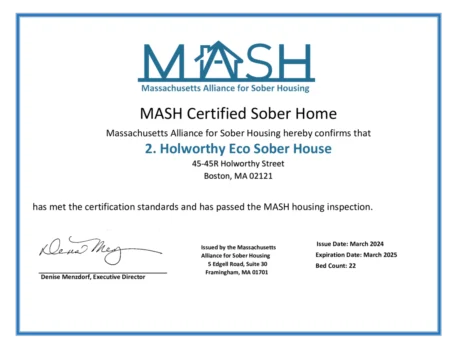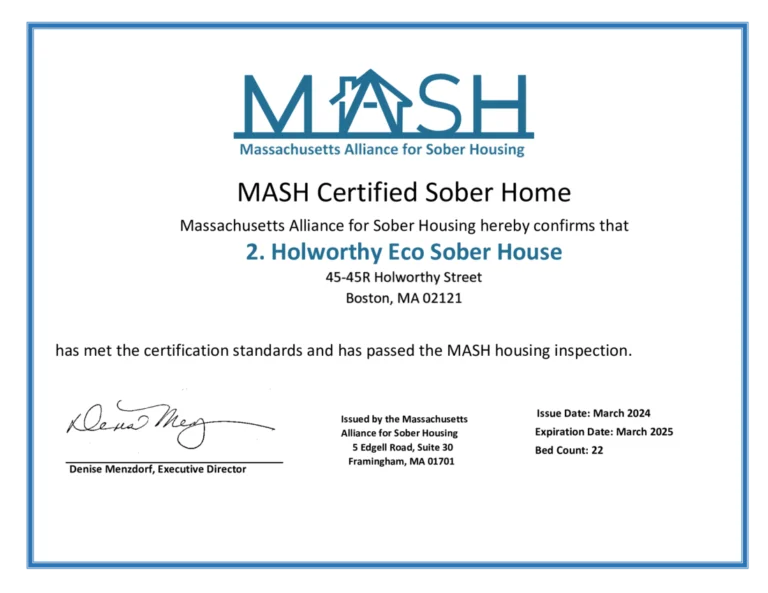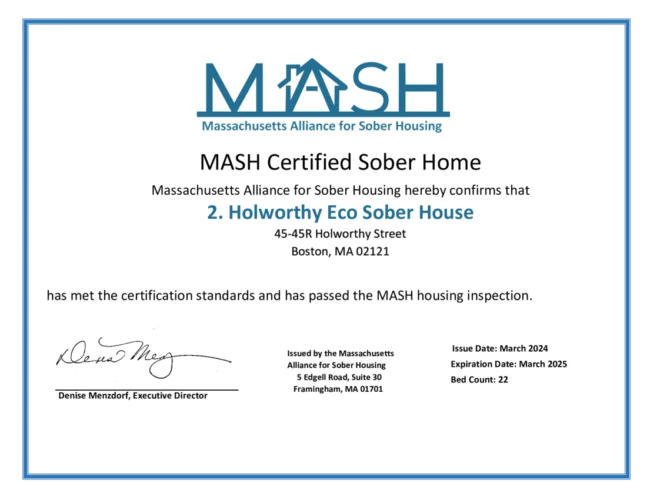
Notícias
MCV and alcohol use: Connection and more

A blood clot is a mass of blood that forms when platelets, proteins, and cells in the blood stick together. When you get hurt, your body forms a blood clot to stop the bleeding. After the bleeding stops and healing takes place, your body usually breaks down and removes the blood clot. But sometimes the blood clots form where they shouldn’t, your body makes too many blood clots or abnormal blood clots, or the blood clots don’t break down like they should. These blood clots can be dangerous and may cause other health problems.
- Moderate drinking is having one drink or less in a day for women, or two drinks or less in a day for men.
- The effects of alcohol on the blood are either short- or long-term.
- The heart benefits and reduction of the rate of coronary heart disease (CHD) from alcohol are thought to impact men who are over 40 and women who are post-menopausal most often.
- The British Heart Foundation (BHF) publishes that while post-menopausal women who drank alcohol did seem to have a lower rate of CHD, they also had a higher rate of breast cancer.
- Blood thinners are drugs your doctor prescribes to prevent blood clots that can cause a heart attack or stroke.
Interference with Medication Efficacy
So even tiny cuts or bruises will bleed a lot more if you take these drugs. First, only prospective cohort studies were included in this meta-analysis, which avoided the selection and recall bias in case–control studies. Second, the total sample size was large, and no obvious heterogeneity was observed across studies, which enhanced the robustness of the findings.
- So, in a sense, alcohol can help to create a healthy balance of good cholesterol versus bad cholesterol, further lowering the odds for a heart attack or stroke.
- Lastly, he obtained graduate education in public health and business administration to contribute to national healthcare reform research and implementation.
- About 30 grams of alcohol — equating to two standard drinks — can lower fibrinogen levels, which can affect blood clotting.
Public Health
Yet because of this effect, drinking alcohol could potentially increase your risk for the bleeding type of strokes — especially when you drink it in large quantities. Alcohol use — especially in excess — can also pose other risks to your health. Drinking more than two servings of alcohol daily increases the risk of blood clot development. The above review noted that low to moderate alcohol consumption can decrease platelet activation and aggregation, meaning it may reduce blood clotting in a similar way to blood thinning medications.
Types of Blood Thinners
Other medicines and supplements, including over-the-counter ones, can interfere with these drugs. Tell all of your doctors, including your dentist, that you’re taking a blood thinner. Don’t start any new medicines or supplements without talking to your doctor first.

Fourth, the results of our study are likely to be only generalizable to Western populations and may not be generalizable to Asian populations. Fifth, some studies included former drinkers in the reference group, which may distort the association. If alcohol consumption has a protective role in VTE, the inclusion of former drinkers in the reference group can result in an underestimate of the true association.

You may have a higher chance of getting clots in the veins in your legs after a hip or knee replacement. This is called deep vein thrombosis, which can cause a pulmonary embolism, which is when a blood clot breaks off your blood vessel and travels to your lungs, where it gets stuck. But anticoagulants can help prevent deep vein thrombosis after surgery.
Conditions

This literature review is the foundation of the current alcohol consumption guidelines. Get immediate emergency medical care to stop massive bleeding. Medical staff can also help resuscitate anyone who’s experienced extreme blood loss.
- It’s not recommended that you start drinking alcohol if you don’t normally.
- Over time, the elevated calorie intake related to alcohol consumption can lead to obesity, a higher risk for developing diabetes, high blood pressure, and heart failure.
- Please note that I may receive a small affiliate compensation through items purchased through the links on this site at no additional cost to you the consumer.
- An increased incidence of VTE was observed among patients with AI.
- They will consider the state of your health and the medications you take.
Prevention
But it’s a topic you should talk about with yours when you have deep vein thrombosis. Incidence and adjusted hazard ratio of DVT and PE by sex, age, and comorbidity for alcohol intoxication patients compared with controls. The primary outcomes were newly diagnosed PE or DVT from hospitalization records. All of the participants were followed-up on to evaluate the occurrence of primary outcomes until December 31, 2011 or they were censored is alcohol a blood thinner because of death, withdrew from the NHI program, or were lost to follow up.

Blood Thinner Basics
That means one drink a day for women and men age 65 and older. For men under age 65, up to two drinks a day is considered moderate. According to the above review, daily drinking of significant amounts of alcohol can increase platelet aggregation and reactivity, meaning it may increase the risk of blood clots. Some people at high risk may need to take blood thinners to prevent blood clots.
